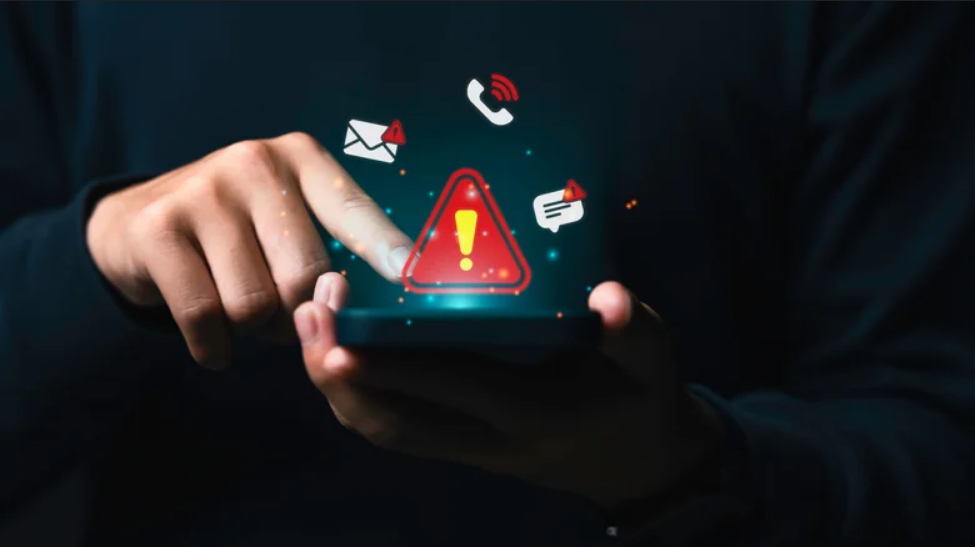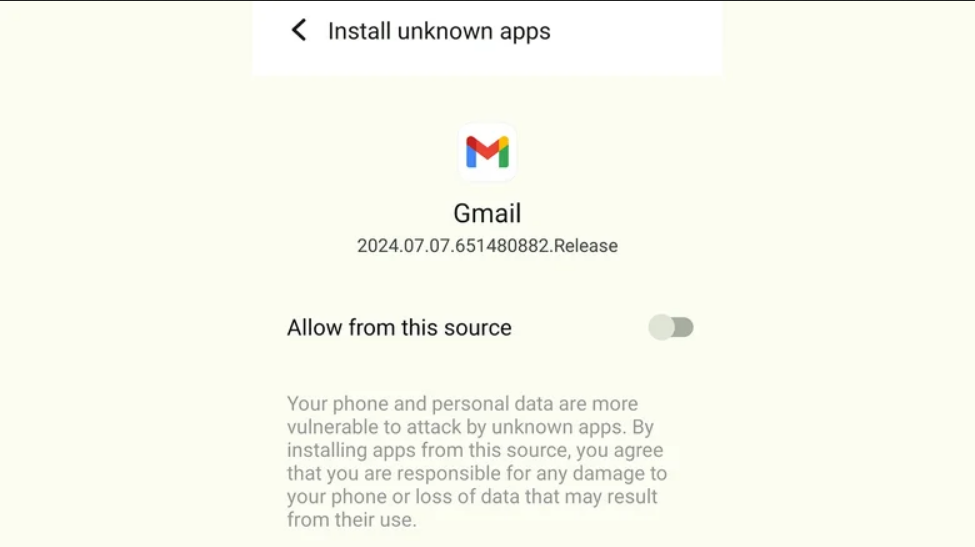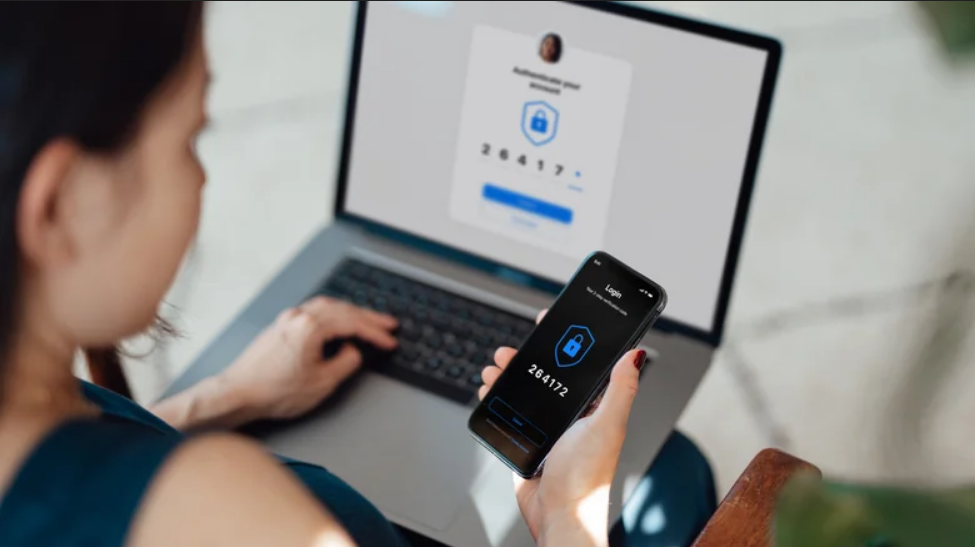Our phones have become our closest companions, holding the smallest details of our lives. This deep trust in our devices, however, opens the door for potential privacy breaches. Sometimes these breaches come from the phone manufacturers themselves, and other times from individuals with malicious intent. Spyware is one of the main tools used to extract private and financial information from our phones.
Often, spyware is associated with high-profile espionage or political agendas, like the notorious Pegasus. Yet, in reality, it’s easy to fall victim to being monitored through your phone. Spyware is a covert piece of software that exploits phone vulnerabilities without the user’s consent. It can infiltrate through seemingly harmless apps, unsafe browsing, or malicious links in messages or emails. Once installed, spyware can evade detection by masquerading as legitimate system files, consuming resources, altering system settings, and transmitting encrypted data via proxy servers.

To guard against spyware, it is crucial to adopt basic digital security practices. The National Security Agency (NSA) offers straightforward tips to keep our phones secure from prying eyes.
Beware of free apps
Start with a strong passcode to prevent unauthorized access to your phone. Consider using a passcode longer than four digits; a six-digit pin or a password combining numbers, letters, and symbols is more secure. Avoid using the same passcode across multiple devices.
Be cautious of free apps, especially those from unreliable sources. Stick to downloading apps from the Google Play Store or the App Store, as these platforms regularly scan for spyware and other malicious code. Third-party app stores, while offering cheaper or free versions of apps, can harbor unsafe applications that could compromise your phone.

Monitor app permissions
Always review the permissions you grant to apps and regularly check installed applications. For instance, a Calculator app doesn’t need access to your location; deny such requests. Keep your apps updated to ensure any vulnerabilities are patched. Likewise, update your phone’s firmware, especially when security updates are available.
On Android, check which apps have permission to install other apps and revoke unnecessary permissions. Look for settings related to “unknown” sources and disable them for any apps that don’t need this capability. Regularly monitor permissions like displaying over other apps or modifying system settings, especially if you share your phone with less tech-savvy individuals.
The NSA also suggests periodically powering off and rebooting your phone to disrupt potential spyware.
Avoid public Wi-Fi
To protect your data, avoid using public Wi-Fi whenever possible. If you must use it, employ a VPN to conceal your location and secure your data. Never use public Wi-Fi for sensitive activities like banking.

Avoid public chargers, as USB cables can be modified with chips to hack into your phone. Carry your own charger and cable to use when needed. Refrain from connecting your phone to unknown removable drives or unfamiliar computers.
Be cautious of unsolicited email attachments or links, even if they come from friends or family. Look for signs like typos or unusual URLs that might indicate malicious intent.
Detecting surveillance
Routinely clear apps running in the background to prevent both legitimate and malicious apps from spying on you. Be aware of the green indicator on your phone’s screen that signals when the microphone is in use. Avoid sensitive conversations near your phone. Lastly, unless you are well-informed about the risks, resist the urge to jailbreak or root your phone.
Cyber threats are becoming more sophisticated, making it essential to follow these steps to protect your sensitive information. While these measures can significantly reduce the risk of a breach, they cannot guarantee complete protection. Your digital safety depends on staying informed and vigilant.





